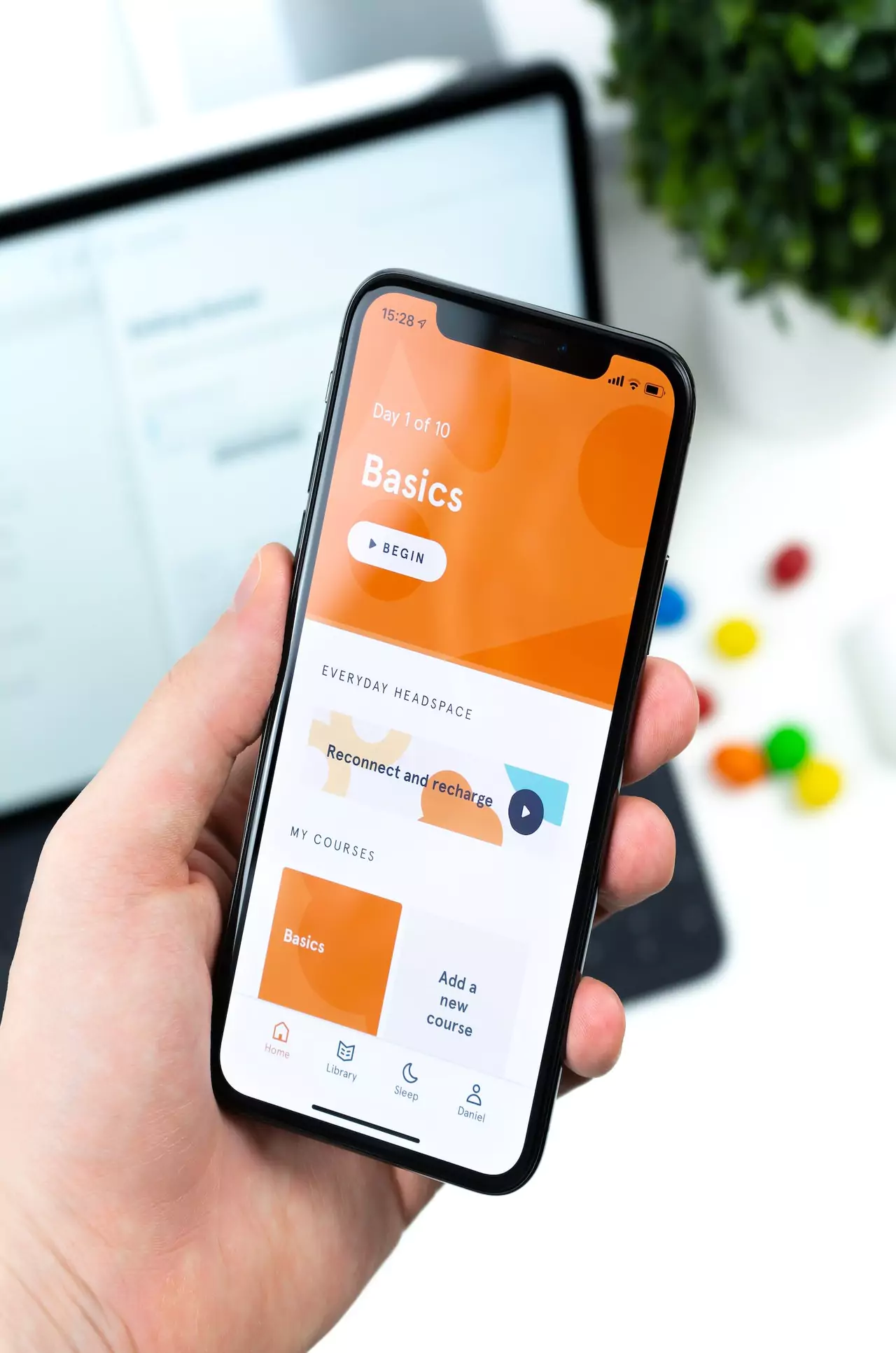Get Support
+91 9123517774
Leaf Business Consulting Services
Block Chain
A blockchain is "a distributed database that maintains a continuously growing list of ordered records, called blocks." These blocks "are linked using cryptography. Each block contains the previous block's cryptographic hash, a timestamp, and transaction data.
A blockchain is a decentralised, distributed, and public digital ledger used to record transactions across many computers in such a way that the record cannot be changed retroactively without affecting all subsequent blocks and network consensus."

BLOCK CHAIN TECHNOLOGIE
What is the appeal of Blockchain?
Assume you're sending money from your bank account to family or friends. You would use online banking to transfer the funds to the other person's account number. Your bank updates the transaction records once the transaction is completed. It appears to be straightforward, doesn't it? There is a potential problem that most of us overlook.
Most people believe that Blockchain and Bitcoin can be used interchangeably, but this is not the case. Blockchain technology is capable of supporting a wide range of applications in industries such as finance, supply chain, manufacturing, and so on, but Bitcoin is a currency that relies on Block-chain technology to be secure.

01.
Private Block-Chain Networks
Private blockchains run on closed networks and are best suited for private businesses and organizations. To customise their accessibility and authorization preferences, network parameters, and other critical security features, companies use private blockchains. A private blockchain network is managed by a single authority.
02.
Public Block-Chain Network
Bitcoin and other cryptocurrencies arose from public blockchains, which also contributed to the widespread adoption of distributed ledger technology (DLT). Additionally, public blockchains aid in the elimination of certain challenges and issues, such as security flaws and centralization.
03.
Permissioned Block-Chain Networks
Permissioned blockchain networks, also known as hybrid blockchains, are private blockchains that grant special access to authorised individuals. Organizations typically set up these types of blockchains to get the best of both worlds, and it allows for better structure when determining who can participate in the network and which transactions can be made.
04.
Consortium Block-Chains
Consortium blockchains, like permissioned blockchains, have both public and private components; however, multiple organisations will manage a single consortium blockchain network. Although these blockchains are more difficult to set up at first, once operational, they can provide greater security.


















